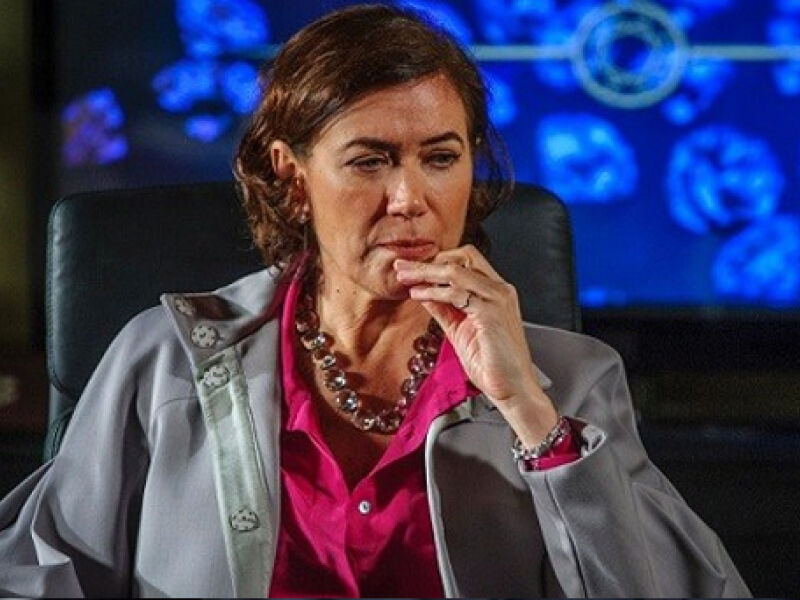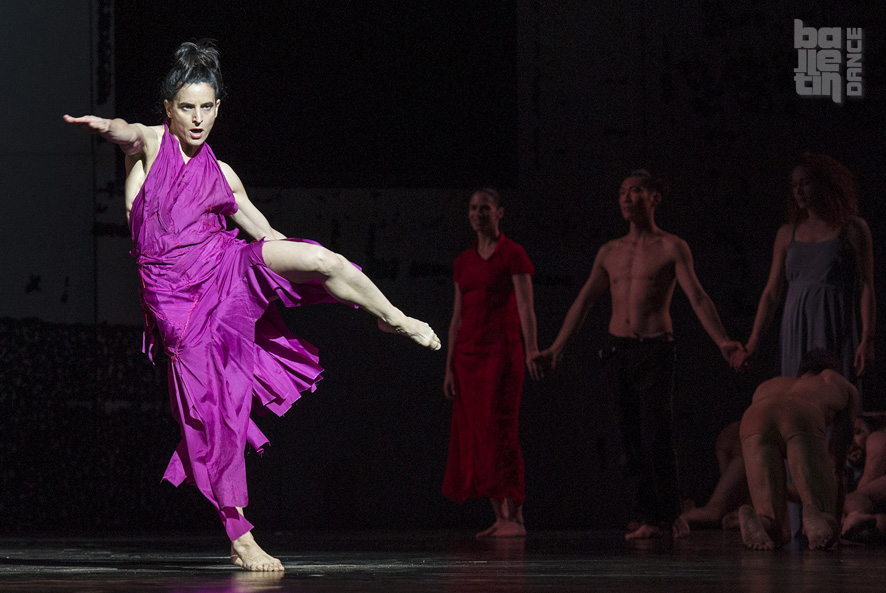
Her role has some analogy with that of Juliette Binoche in The Staircase. In the first instance, they are seen almost as two comic relief characters, like Cagney and Lacey of Third World, but risky and committed. The story gives a very important role to the two bloggers, Belu and Juana (in charge of Muriel Santa Ana and Valeria Lois) who decided to contact the accused of murder (already in prison) and prove their innocence, in the face of what they considered accusation inconsistencies. In this case, the resource becomes abusive and generates confusion about in which procedural instance are those involved in the crime, in particular the main defendant.
#Maria marta series#
In the manner of several modern fictions (and above all of The Staircase, a series in which it seems to inspire and perhaps pretends to imitate I will come back to this several times) the story constantly comes and goes in time from shortly before the crime and extends over several years. Taking a position is not a defect (and less in the case of a real case), but expressed so clearly sooner rather than later, it takes away ambiguity and interest from the story, despite its treatment of the timeline. The series respects the names of the entire family circle of the victim, but changes those of the other characters (the prosecutor in the case, another prosecutor friend of the family, another suspect), and this has to do with a clear position taken by the script by Martín Méndez, attached to the vicissitudes of the case and the results of the trial. Ironically, Carmel: who killed María Marta?, the previous documentary broadcast by Netflix, was more interesting and rich in terms of its readings and edges. I say weakness because, without being a judicial drama, Daniela Goggi's series focuses heavily on the case, but it lacked risk and fiction to develop its characters and explore situations and hypotheses, reducing this true crime series almost to a documentary with dramatizations. So much so, that for Argentine readers I will include an annex, since they know most of the alternatives in the case. And therein lies the weakness of this series, which will obviously be seen very differently by Argentine and foreign viewers.

"The following is a fictional series based on real events." This reads the presentation of each of the chapters. Review This series follows the case of the murder of María Marta García Belsunce in the exclusive Carmel private neighborhood, in the province of Buenos Aires, which occurred in October 2002 and which had enormous media coverage in Argentina.

It is interesting to compare it with The Staircase.

Great performances by Jorge Marrale and Mike Amigorena. Summary A series with a clear position, very (too) attached to the official vicissitudes of the case, but not very risky in terms of the development of its characters and the formulation of hypotheses, in a story where María Marta is the great absentee.


 0 kommentar(er)
0 kommentar(er)
